Bureaucracy gone mad |
Post Reply 
|
Page 123 4> |
| Author | |
Lucy Lee 
Far too distracted from work 

Joined: 17 Mar 04 Location: United Kingdom Online Status: Offline Posts: 276 |
 Post Options Post Options
 Quote Quote  Reply Reply
 Topic: Bureaucracy gone mad Topic: Bureaucracy gone madPosted: 17 Nov 04 at 10:18am |
|
[QUOTE=Garry] They state that 80% of cardiac arrest cases are venticular fibrillation and this can be treated with a defibrillator To the best of my knowledge this is true of you count all cardiac arrests. The bizzare thing is that the majority of these take place in a coronary care unit, when the patient is being monitored after a heart attack or during a period of unstable angina. In these cases it is absolutely true that prompt and competent use of a defib will massively increase your chances of survival! These cardiac arrests will almost all be due to ischaemic heart disease. There are two problems with applying this logic to a watersports environmet: 1) People who are out doing watersports are at low risk of a cardiac arrest from ischaemic heart disease (compared to the general population), because they are actually doing some exercise, and it is reasonable to assume that they do not suffer from exertional angina (otherwise they wouldn't be out there in a boat!). Therefore the actual risks of someone who participates in a sporting activity have an arrest are smaller that the general population. This may not be true for the spectators / non-active participants. ; ; 2) The most likely type of heart attack in someone reasonably young and fit who has been sailing / windsurfing is going to be an 'EMD' arrest, brought on by hypothermia or drowning. An automatic defibrillator (AED) won't let you shock an EMD rythmn. But here is the scary bit: if you try to resussitate someone with a core temp below 28 deg you can precipitate a VF arrest, at which point the AED will try to shock the subject. Defibrillation will not be successful until the core temp is >30deg, but of course you can't effectively re-warm someone if you have their chest exposed to deliver shocks. In otherwords: a complete nightmare, and very confusing / frightening for anyone trying to decide what to do. Edited by Lucy Lee |
|
|
Fly Cherub!
|
|
 |
|
Garry 
Really should get out more 
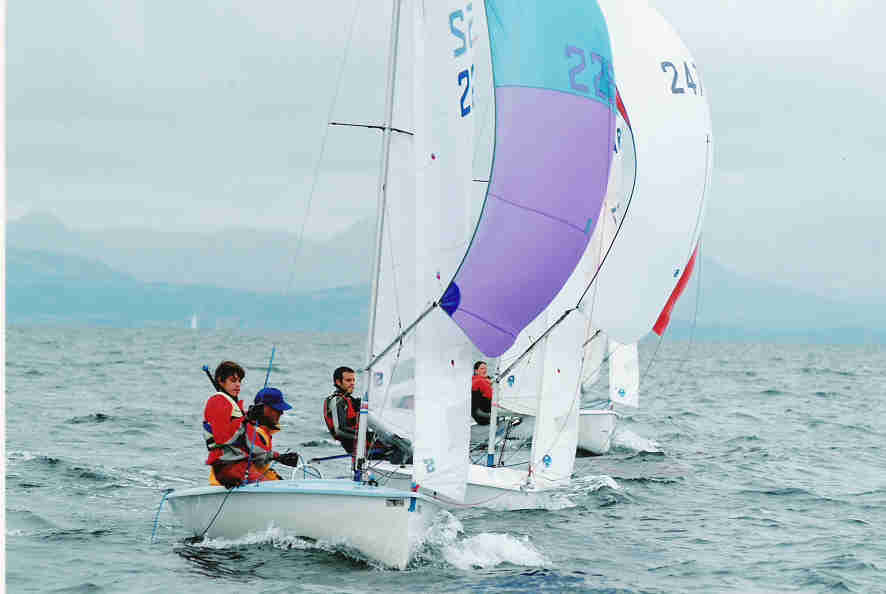
Joined: 18 Apr 04 Location: United Kingdom Online Status: Offline Posts: 536 |
 Post Options Post Options
 Quote Quote  Reply Reply
 Posted: 16 Nov 04 at 7:05pm Posted: 16 Nov 04 at 7:05pm |
|
Lucy obviously you are much more clued up on this than I am (as I have only done the St John AED course and revalidations). However, the information they provide as part of the course is not consistent with what you say? There might be many reasons for that but SJA present a much stronger case for an AED at a sailing club.
1. In drowning / water environments they imply you only need to dry the chest - although I certainly would want the ground to be dry. 2. They state that 80% of cardiac arrest cases are venticular fibrillation and this can be treated with a defibrillator 3. If you defibrillate within 4 mins there is a 43% survival rate going down to 30% for 5 to 9 minutes. This implies that for an on-the-water incident an AED wouldn't add any value as defibrillation wouldn't occur quickly enough. However, an incident close to the clubhouse would probably be successful in between 24 and 34% of cases. Except for the changing room our floors are dry (but we do have a biggish lounge / teaching area) and of course there's outside if its dry. I think the biggest issue next to cost is the ongoing training of sufficient club members. Edited by Garry |
|
|
Garry
Lark 2252, Contender 298 www.cuckoos.eclipse.co.uk |
|
 |
|
Lucy Lee 
Far too distracted from work 

Joined: 17 Mar 04 Location: United Kingdom Online Status: Offline Posts: 276 |
 Post Options Post Options
 Quote Quote  Reply Reply
 Posted: 16 Nov 04 at 9:29am Posted: 16 Nov 04 at 9:29am |
|
Garry is right that defibrillotors CAN save lives but this only applies if your heart starts beating in two of three abnormal rythmns and if you see the person collapse and deliver the shock within a few seconds / minutes. Even in a specialist hospital unit, with the patients monitored all the time to detect the abnormal rythmns the chances of saving someone are less than 30%. If someone had a cardiac arrest due to sailing it is most likely to be due to hypothermia or hypoxia (lack of oxygen e.g. due to drowning). In these cases using a defibrillator is more likely to kill the person than help them. As far as the risks to the first-aiders and by-standers are concerned even in a hosiptal, where everyone is trained to use them, we see near misses and actual injuries every few months. I have never been to a sailing club with a dry enough floor where I would be happy to use a defib. I am all in favour of clubs sending members on first aid courses, and I am certainly in favour of people making their own minds up about the risks of taking part in a sport. But I also think it is really important for those in charge to think long and hard about the very real risks involved with some 'safety measures'. The sailing club in question decided not to get a defibrillator, not because it could not afford one but because it felt the risks were far greater than the potential benefits. |
|
|
Fly Cherub!
|
|
 |
|
Garry 
Really should get out more 

Joined: 18 Apr 04 Location: United Kingdom Online Status: Offline Posts: 536 |
 Post Options Post Options
 Quote Quote  Reply Reply
 Posted: 15 Nov 04 at 8:58pm Posted: 15 Nov 04 at 8:58pm |
|
Wrong on all three (well I wouldn't admit it anyway would I!) - But I am a first aider at work and have been on the wrong side of H&S inspections several times. Clubs may not be able to afford a difibrillator and I accept that, though I wonder how many have investigated to see if grants are available... Therefore, the idea of having a defibrillator is not stupid because we do a watersport, but may be unaffordable given the limited resources of many clubs. Just because the H&S inspector doesn't understand the risks and consequences for sailing as a sport is not a reason to imply he's moronic but rather to work with the system to demonstrate that both the risk and consequences are low. I assume the club eventually achieved a satisfactory outcome? I sacked a scaffolding company from site many years ago for calling me a moron when I insisted they only smoke in designated areas - they were smoking next to a very large methane tank at the time! I leave you to make up your own mind on the relative IQs PS I reckon the average split between shore and water time for many dinghy sailors would be 50:50 Edited by Garry |
|
|
Garry
Lark 2252, Contender 298 www.cuckoos.eclipse.co.uk |
|
 |
|
405man 
Newbie 
Joined: 04 Nov 04 Location: United Kingdom Online Status: Offline Posts: 5 |
 Post Options Post Options
 Quote Quote  Reply Reply
 Posted: 15 Nov 04 at 8:24pm Posted: 15 Nov 04 at 8:24pm |
|
Gary is either: a.) h&s officer b.) a member of goverment c.) a pr representative in some big buisiness. For a start you can't expect that all clubs can raise the thousands of pounds to buy one of these, that would be a nice little addition to the club membership fee wouldn't it, and also as far as spending more time on the shore, what the....?
|
|
|
why are laser top masts so rubbish?
|
|
 |
|
Garry 
Really should get out more 

Joined: 18 Apr 04 Location: United Kingdom Online Status: Offline Posts: 536 |
 Post Options Post Options
 Quote Quote  Reply Reply
 Posted: 15 Nov 04 at 7:04pm Posted: 15 Nov 04 at 7:04pm |
|
Defibrillators save lives.
You should be specially trained to use one (SJA recommend every 6 months) It is very difficult to get it wrong as they "literally" talk you through the process. They can't normally be used on moving platforms so it is a clubhouse / shore activity (I believe there is a marine version that can work on a moving platform now) Yes water conducts but you can take precautions and bystanders should be kept well away anyway. Lots of public places are now having them onhand for emergencies. If it saved one life the costs would be worth it, after all it could be you! Furthermore, we only spend a small proportion of our time sailing actually on the water. More important might be making sure the club has a 'critical mass' of first aiders sufficient to deal with any incident. To those criticising the H&S official they are only doing their job and almost invariably don't fall into the moron category. If the club has done a proper H&S assessment and identified the risks and taken action to mitigate those with serious consequences then there should be no issues. If however, when asked about the risk of head injuries they are told they are morons, convincing them our sport is safe is going to be that much harder! Edited by Garry |
|
|
Garry
Lark 2252, Contender 298 www.cuckoos.eclipse.co.uk |
|
 |
|
Lucy Lee 
Far too distracted from work 

Joined: 17 Mar 04 Location: United Kingdom Online Status: Offline Posts: 276 |
 Post Options Post Options
 Quote Quote  Reply Reply
 Posted: 15 Nov 04 at 9:54am Posted: 15 Nov 04 at 9:54am |
|
I have one that is worse: a club that will remain nameless was advised by health and safety that they aught to have a defibrillator (medical device that delivers 360 volt shocks to the heart if you have had a heart attack). What no-one had thought through was that the people operating the deviceand the victim were very likely to be soaking wet (this is a water sport after all). Given that water is a great conductor of electricity, any attempt to shock someone would almost certainly result in a awful lot of dead / shocked bystanders
|
|
|
Fly Cherub!
|
|
 |
|
405man 
Newbie 
Joined: 04 Nov 04 Location: United Kingdom Online Status: Offline Posts: 5 |
 Post Options Post Options
 Quote Quote  Reply Reply
 Posted: 12 Nov 04 at 8:29pm Posted: 12 Nov 04 at 8:29pm |
|
Oh well it could be worse, health and safety could be involved!!! I was told by a friend that, they had to have health and safety round at their club. Well being a typical moron, the "officer" stated that they would have to wear hard hats because of the danger of falling masts and booms, how dumb and idiotically moronic is that?!!!!!! The government is so interested in our saftey that they have forgotten that people want to have fun, without having to be bound by a load of legal bull!!!
|
|
|
why are laser top masts so rubbish?
|
|
 |
|
Garry 
Really should get out more 

Joined: 18 Apr 04 Location: United Kingdom Online Status: Offline Posts: 536 |
 Post Options Post Options
 Quote Quote  Reply Reply
 Posted: 08 Nov 04 at 8:39pm Posted: 08 Nov 04 at 8:39pm |
|
A few points: if you check out the RYA website they were informed that the legislation would only apply to vessels over 45m. Capsize and recovery as part of a training course is not an incident, it is a very controlled and safe exercise (or at least at RYA centres should be). What is more worrying is the possibility that you will have to file a report in order to claim on your insurance.
The quickest way to defeat this would be to ensure every genuine incident gets reported no matter how minor. |
|
|
Garry
Lark 2252, Contender 298 www.cuckoos.eclipse.co.uk |
|
 |
|
Bob L 
Newbie 
Joined: 06 Nov 04 Location: United Kingdom Online Status: Offline Posts: 1 |
 Post Options Post Options
 Quote Quote  Reply Reply
 Posted: 06 Nov 04 at 8:58pm Posted: 06 Nov 04 at 8:58pm |
|
It is worth reading the draft regulations. Put "Merchant Shipping Regulations" or similar into Google.
Whilst just about everybody was a consultee the RYA was not. I wonder why. Probably the MAIB knew how they would react. I am glad to see the RYA has taken the action it has. One worrying aspect is an attempt to exclude legal or other representation at interviews if the MAIB Inspector wishes. My feeling is that this is yet another batch of legislation/regulation that is intended to enhance the power of the body proposing it and is typical of the encroachment of the state on all aspects of our personal and business activities. |
|
|
Bob L
Solo |
|
 |
|
Post Reply 
|
Page 123 4> |
| Forum Jump | Forum Permissions  You cannot post new topics in this forum You cannot reply to topics in this forum You cannot delete your posts in this forum You cannot edit your posts in this forum You cannot create polls in this forum You cannot vote in polls in this forum |
Copyright ©2001-2010 Web Wiz
Change your personal settings, or read our privacy policy





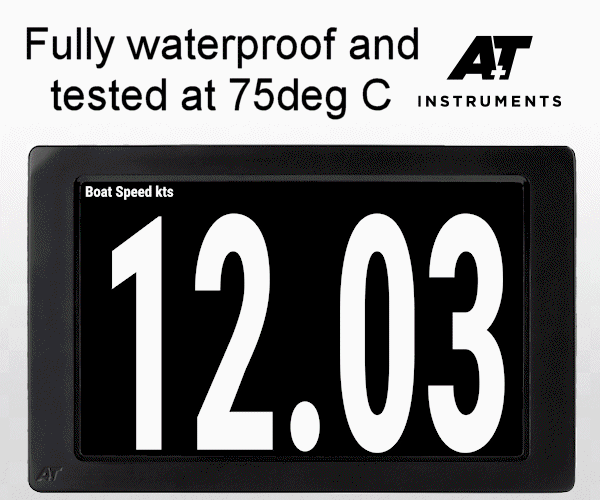
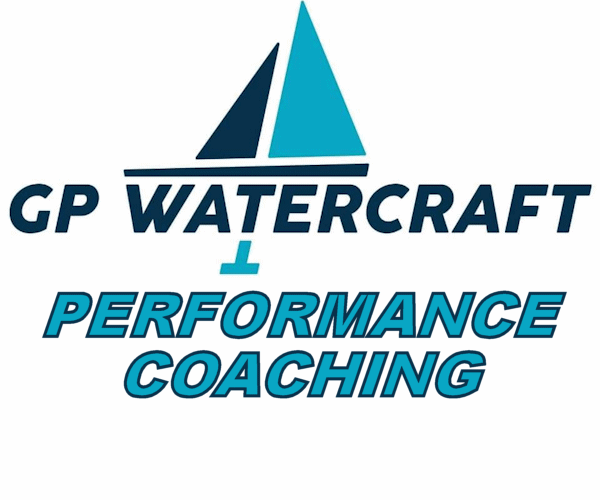

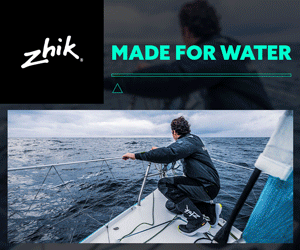
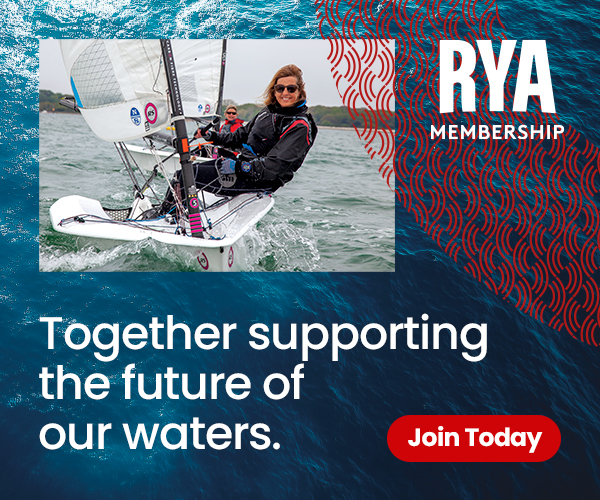
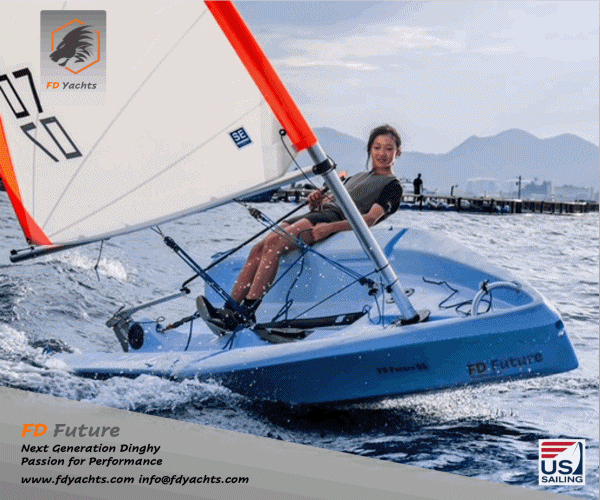





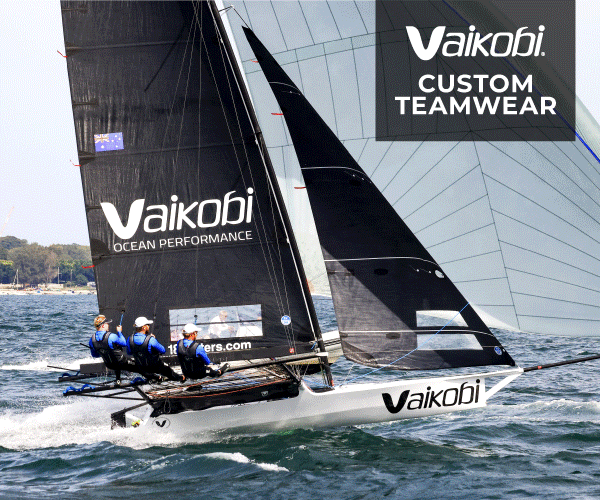









 Printable Version
Printable Version Delicious
Delicious Digg
Digg Facebook
Facebook Furl
Furl Google
Google MySpace
MySpace Newsvine
Newsvine reddit
reddit StumbleUpon
StumbleUpon Twitter
Twitter Windows Live
Windows Live Yahoo Bookmarks
Yahoo Bookmarks Topic Options
Topic Options

